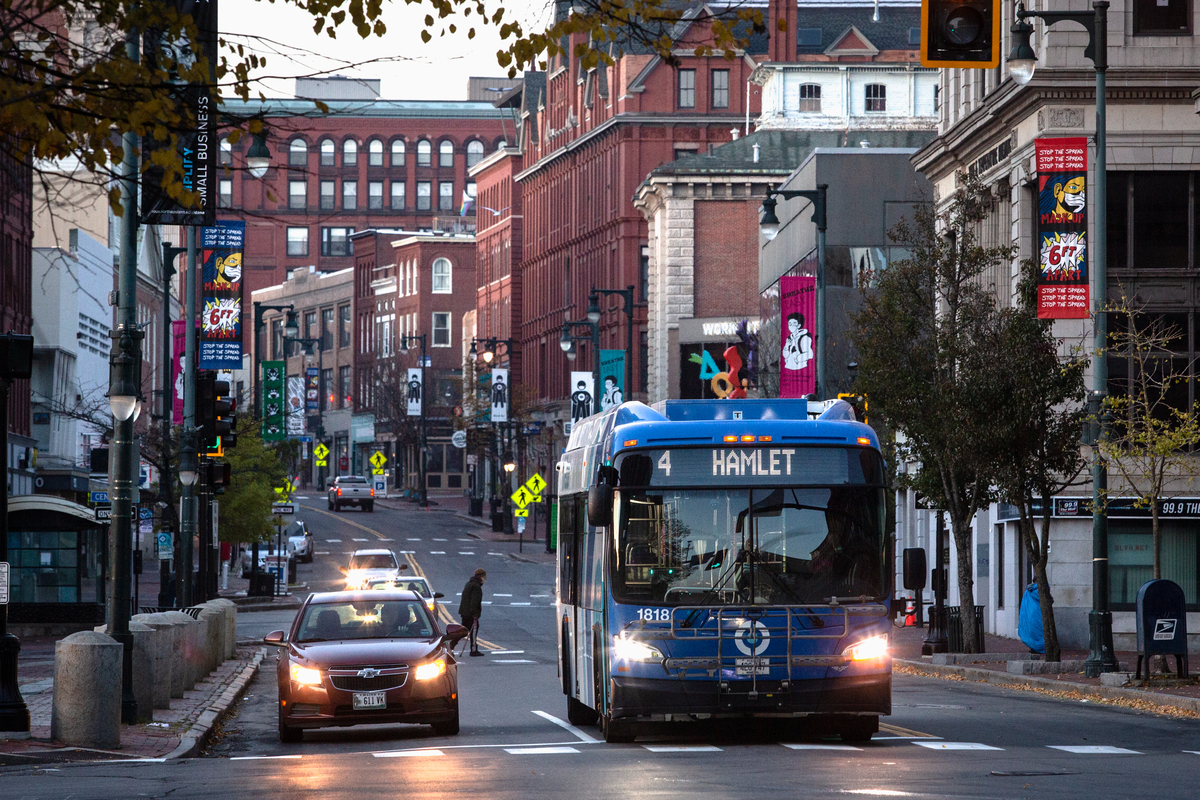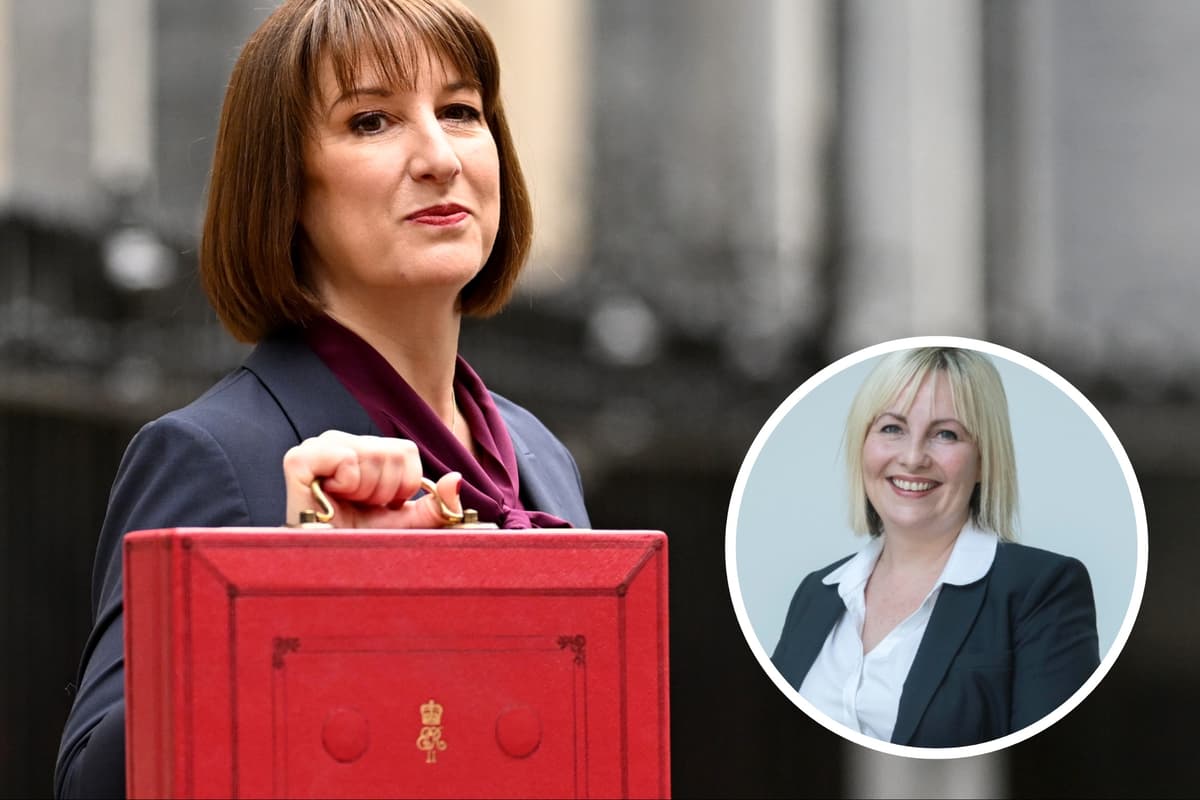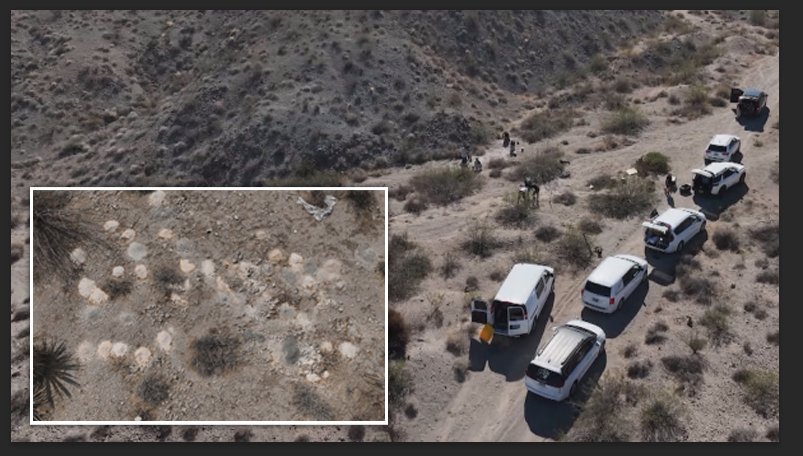Copyright Bangor Daily News

Portland voters on Tuesday approved another hike to the city’s minimum wage. Voters approved this latest wage hike 63.9% yes to 36.1% no on Tuesday, according to unofficial results. Under the referendum, the Forest City’s minimum wage workers will see their pay increase to $19 an hour by 2028. Starting Jan. 1, 2026, it will rise to $16.75. Then it will increase another dollar on Jan. 1, 2027. City workers won’t qualify for that initial bump until July 1, 2026. That will be a more than 22% wage hike for Portland’s lowest paid workers. The city’s minimum wage is currently $15.50 an hour and $7.75 for tipped workers. Afterward, the minimum wage will increase in tandem with any changes in the cost of living, as measured by the Consumer Price Index for urban consumers in the Northeast. Progressive activists and Portland’s business community have sparred over the minimum wage for the past several years. Last year, voters approved limits to the hazard pay ordinance that boosts the minimum wage 50% for non-remote workers. Previously, hazard pay took effect whenever the governor declared a state of emergency, such as during the severe storms that battered Maine in December 2023 and January 2024. Now the city must declare a state of emergency for hazard pay to take effect. But other changes to Portland’s minimum wage — eliminating the lower wage for tipped workers and boosting the overall hourly rate to $20 an hour — failed to make the city’s 2024 ballot. Portland is one of two cities where the minimum wage is higher than the statewide wage. The other is Rockland. where it’s currently $15.50 an hour. The statewide minimum wage is set to increase from $14.65 to $15.10 an hour as of Jan. 1, 2026, while the wage for tipped workers also will increase from $7.33 to $7.55 an hour. Employers must show that tipped workers earned at least the new minimum wage between their direct wage and tips at the end of the week. Maine voters approved hiking the state’s minimum wage in a 2016 referendum. That raised the minimum wage from $7.50 to $9 an hour in 2017 and by an additional dollar a year through 2020 after which it was indexed to inflation.



